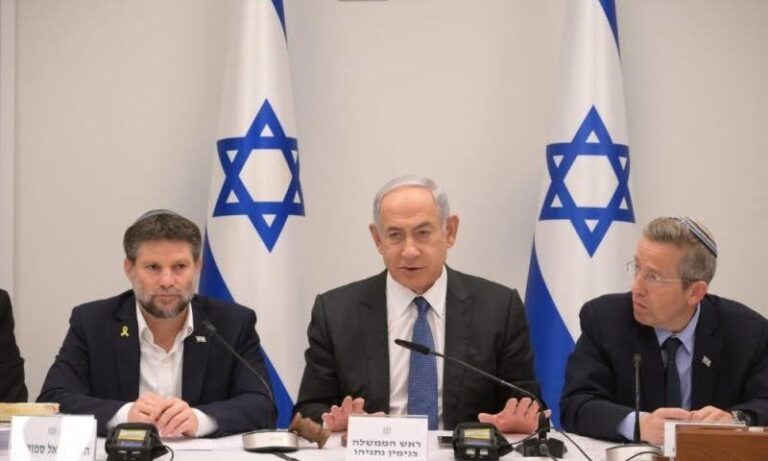 President Barack Obama will tell Chinese President Xi Jinping at a California summit this week that Washington considers Beijing responsible for any cyber attacks launched from Chinese soil and must take action to curb high-tech spying, White House officials said on Tuesday.
President Barack Obama will tell Chinese President Xi Jinping at a California summit this week that Washington considers Beijing responsible for any cyber attacks launched from Chinese soil and must take action to curb high-tech spying, White House officials said on Tuesday.
Underscoring growing U.S. suspicions of a Chinese role in cyber espionage that has targeted U.S. government entities and major corporations, aides to Obama made clear the issue would be high on the agenda at a relatively informal retreat to begin on Friday.
The talks, Xi’s first encounter with Obama since taking over the presidency in March, are meant to allow the leaders to get to know each other away from the spotlight of Washington and begin easing mistrust between the world’s two biggest economic powers.
But any feel-good vibe at the luxury resort in the desert near Palm Springs, could be soured by Obama taking a hard line with Xi over Chinese cyber hacking of U.S. secrets.
“Governments are responsible for cyber attacks that take place from within their borders,” a White House official told reporters before the summit. “As a part of our interests in protecting U.S. businesses, we will raise with China any concerns we have about intrusions we believe emanate from China.”
The official said Obama would make clear that China must abide by international “rules of the road” on cybersecurity. China has consistently denied U.S. accusations of cyber hacking and has insisted it is more a victim than a perpetrator.
The White House declined to specify what if any punitive measures the United States might take if Xi refused to cooperate and the cyber threats persisted.
But one official cited recent unfair trade cases that Washington had taken against China before the World Trade Organization as evidence that “when we believe we’re not making progress simply through dialogue, we are willing to use the measures available to us within the international system.”
The summit will be followed in July by the first high-level meeting of a U.S.-China panel on cybersecurity.
Obama has been under strong pressure from lawmakers to persuade Xi to take U.S. hacking worries seriously. The Washington Post reported last week that China had used cyber attacks to access data from nearly 40 Pentagon weapons programs. China dismissed the report.
‘ASIA PIVOT’
With China worried the United States is trying to encircle it militarily with its “Asia pivot,” Obama also faces the challenge of convincing Xi that America’s reorientation of foreign policy and the shifting of some military resources toward the region are not meant as a threat to Beijing.
The strategy is widely seen as a way of reassuring allies like Japan and South Korea of the U.S. commitment to counter China’s power.
At the summit, Obama will also be looking to build on recent signs of a sharpening of Chinese pressure on North Korea over its nuclear and missile programs, a shift that could bring Beijing closer to Washington’s position. China has long been the closest thing North Korea has to an ally.
Another U.S. official said Obama would try to find specific ways the United States and China could work together to force North Korea to abandon its nuclear ambitions. China has resisted full implementations of sanctions on its impoverished neighbor.
China told an envoy of North Korean leader Kim Jong-un that Pyongyang should stop conducting nuclear and missile tests, although the North showed little sign of heeding the request, said a source with knowledge of the talks held late last month.
High-level U.S.-Chinese encounters of recent decades have been unable to match President Richard Nixon’s groundbreaking visit to Communist China in 1972 that ended decades of estrangement between Washington and Beijing.
But U.S. officials held out the prospect that Obama and Xi would be able to develop personal rapport – something lacking between U.S. presidents and Xi’s notoriously stiff predecessor, Hu Jintao – that could aid progress on substantive issues.
“He seems to be someone fast on his feet, open to engagement, willing to speak directly to Americans and to issues of concern to Americans in a manner that was not a hallmark of some of his predecessors,” one White House official said of Xi.
A willingness to forgo the traditional pomp of a White House visit may signal a fresh approach by Xi, who as president-in-waiting met Obama in Washington in February of last year. He is a Communist Party “princeling,” the son of a revolutionary leader. But he is also fond of Hollywood movie war dramas.
(Reuters)










